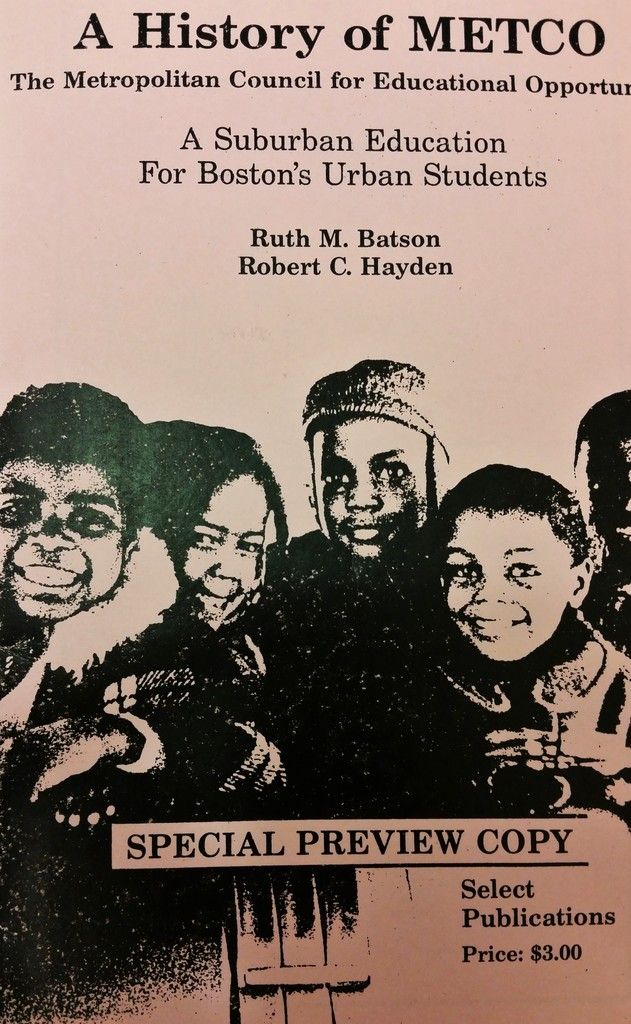Metropolitan Council for Educational Opportunity (METCO): Solving Racial Imbalance in Boston Public Schools

The goal of this exhibit is to illustrate how METCO and its administrators worked to reach out to organizations making the transition easier for black students and how organizations were reacting to the role that METCO ultimately played in desegregation.
The exhibit highlights that while METCO was focused on monitoring and resolving racial imbalance issues in school placement, there were also problems that needed to be dealt with internally. Documents included in the exhibit range from letters of petition from different organizations to Boston officials that were monitored and sometimes filtered through METCO. Letters from executives in METCO to officials in the Boston School system imploring them to aid in making school desegregation an easier process for students and organizations helping in communities. Some of these letters will show not only the frustrations of grassroots organizations and major organizations like the NAACP branch of Boston, but also the problems faced by METCO in regards to representation of their work with desegregation and student placement.
Credits
Content for this exhibit was created by Corinne Zaczek Bermon and Kristin Harris, graduate students at the University of Massachusetts, Boston (2015). This exhibit was made possible courtesy of Northeastern University Archives.

